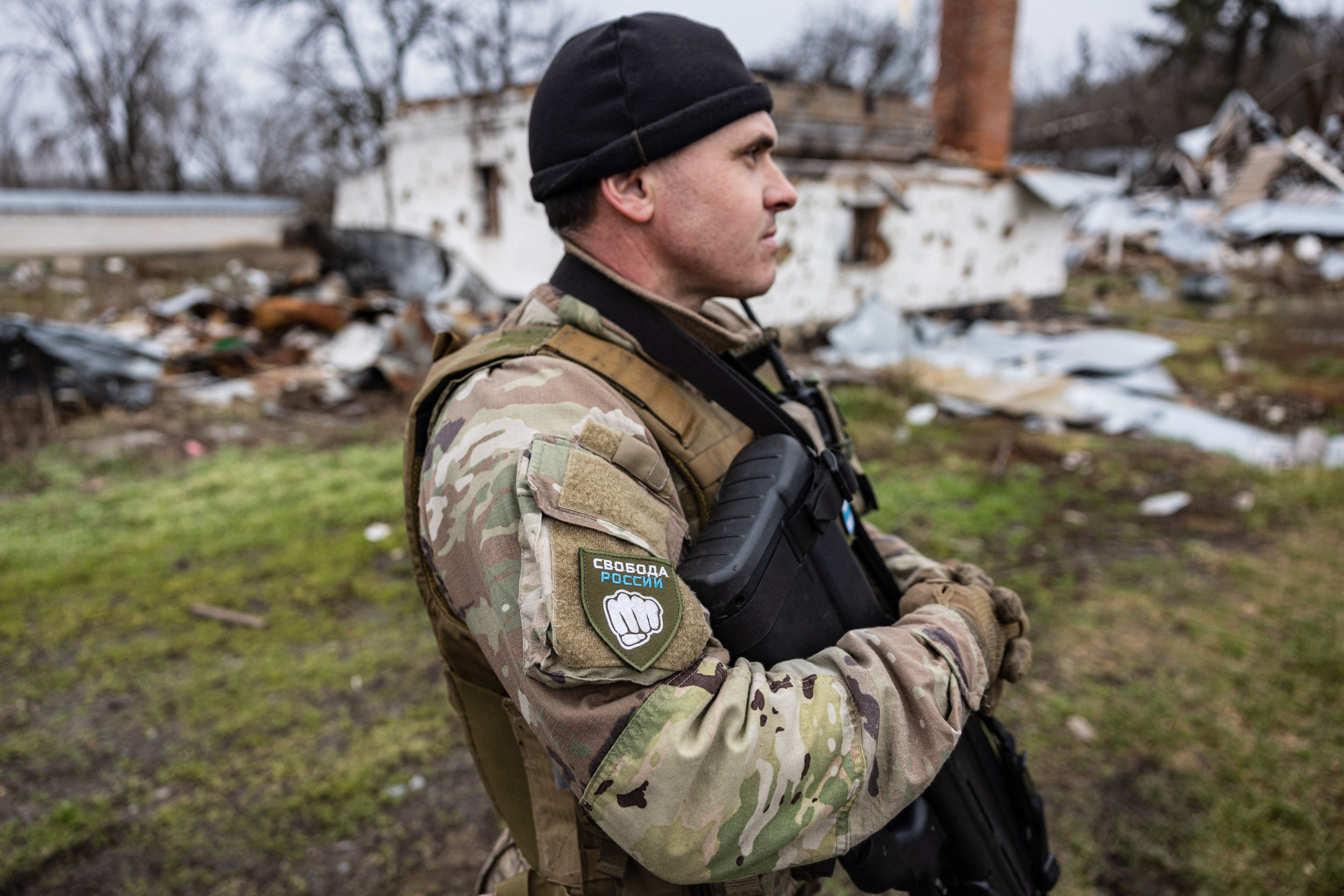Bryan Kohberger 'Standing Silent': What It Means for Idaho Murders Case
Bryan Kohberger stood "silent" during his arraignment hearing Monday, allowing the judge to enter not guilty pleas in the University of Idaho killings case.
During the hearing, Kohberger's public defender, Anne Taylor, said that the 28-year-old was "standing silent" when asked if he'd like to enter a plea. Judge John Judge said, "I'm going to enter not guilty pleas on each charge, counts one, two, three, four and five."
Kohberger was indicted last week by a grand jury on four counts of first-degree murder and one count of felony burglary in connection with the killings last November of four University of Idaho students. Kaylee Goncalves, 21, Madison Mogen, 21, Ethan Chapin, 20, and Xana Kernodle, 20, were found fatally stabbed in a house near the college.

The killings prompted a widespread manhunt by the Moscow, Idaho, Police Department and other law enforcement agencies, which eventually led to Kohberger's arrest at his parents' residence in Pennsylvania in December. Afterward, his former attorney said that his client was "eager to be exonerated."
Newsweek reached out to Taylor via email for comment.
Kohberger was attending graduate school at Washington State University when the killings occurred. Little information has been released about him, mainly because of a wide-ranging gag order issued by the court.
During Monday's arraignment hearing, Kohberger was read the charges and answered "yes" to many questions asked by the judge, such as if his name, birthday and Social Security number were listed correctly on the indictment.
Kohberger also answered "yes" when asked if he understood all of the charges and the maximum penalty for each. For the murder charges, the judge said that the maximum penalty could be life in prison or the death penalty. He also said the prosecution will have 60 days to seek the death penalty if it wishes to do so.
The judge also announced that the trial date is set for October 2.
In a previous story before the arraignment, Michael McAuliffe, a former federal prosecutor and elected state attorney, told Newsweek, "Now that the case is based on an indictment and the entry of a plea, the state's pursuit of the death penalty, or not, needs to be addressed within 60 days.
He continued: "While the case is proceeding as if it were a death penalty case—including having death penalty qualified defense counsel—it's important and required to engage in the formality of filing."








